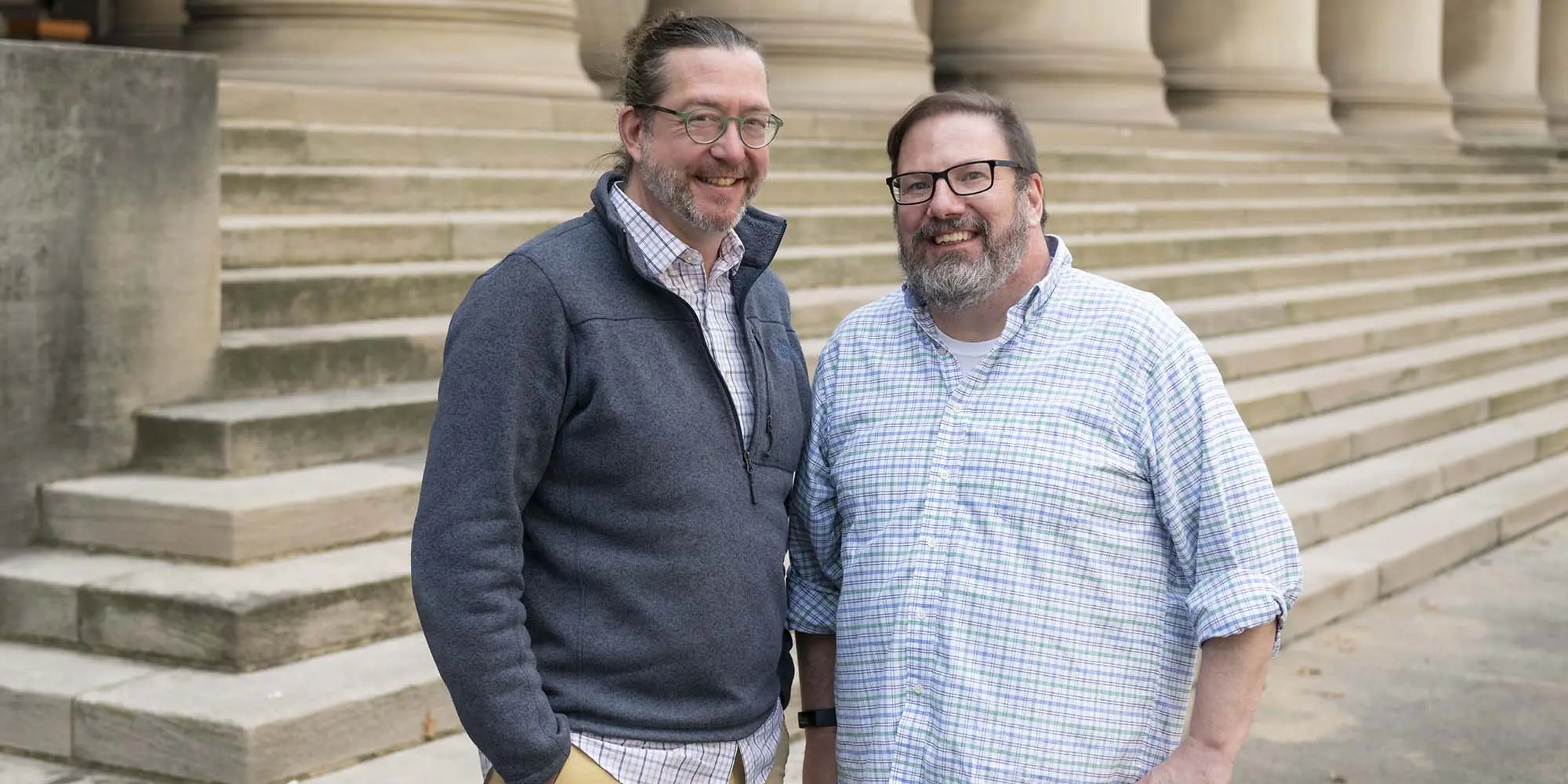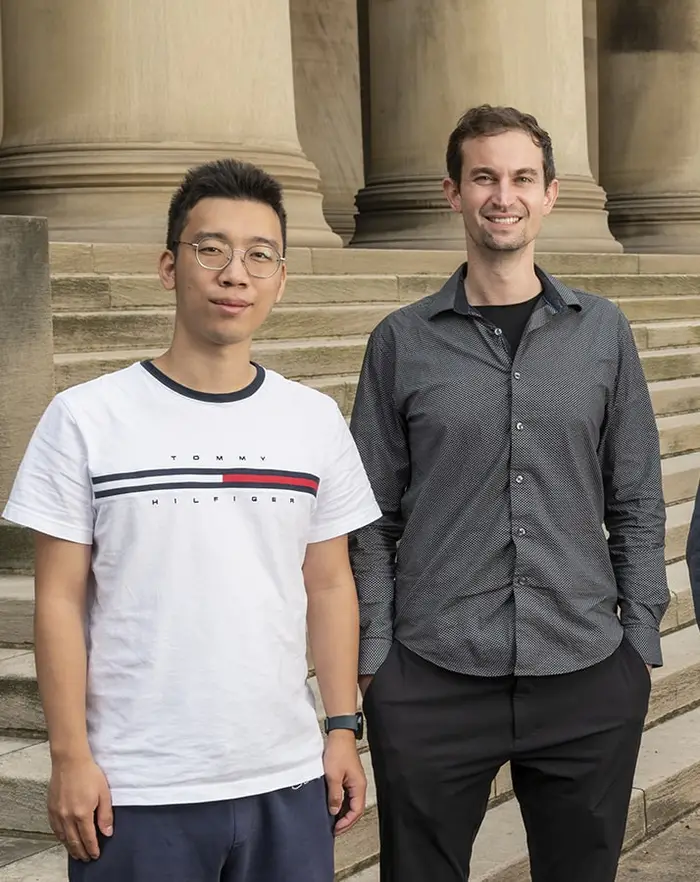
CMU Team Advances to Final Round of $1M XPRIZE Competition
Digital Learning Challenge seeks to improve learning outcomes with effective tools
Media Inquiries
Carnegie Mellon University learning science researchers John Stamper(opens in new window), Norman Bier(opens in new window) and Steven Moore(opens in new window) are part of a multi-university team that has advanced to the final round of the XPRIZE Digital Learning Challenge(opens in new window), a competition seeking to identify and improve the most effective learning tools. The team has created a tool, Experiments as a Service Infrastructure (EASI), that educators can use to conduct experiments in the classroom.
The team, called Adaptive Experimentation Accelerator, is led by Stamper, Bier and Joseph Jay Williams of the University of Toronto. EASI can be used with learning management systems to quickly determine which teaching methods are most effective with students, allowing teachers to adapt their curriculum as needed.
Stamper said it allows everyone to become a citizen scientist.
"When people think of an experiment, they either think of something untested or something scientific that has nothing to do with them," Stamper said. "Our vision for the XPRIZE is to show why that's not true. We want to show how every experience you have in a classroom could be improved by using our adaptive experiments."
Bier, director of the Open Learning Initiative (OLI)(opens in new window) and the executive director of the Simon Initiative(opens in new window) at CMU, is highly skilled at creating learning experiences with CMU's OLI platform.
"We need an evidenced-based way of testing ideas. We know how to help teachers solve everyday teaching problems. We're creating an intuitive and integrative way to do that within OLI and beyond," Bier said.
"We want to show how every experience you have in a classroom could be improved by using our adaptive experiments." — John Stamper
EASI uses adaptive experimentation, a technique often used by technology companies like Google or Meta. Williams said the tool will bring people together in a way the education world has not seen before.
"Part of this revolution is trying to involve people in the scientific process so that they can help improve their everyday life. We think that everyone, even if they do not know statistics and machine learning, should have a voice in improving their classroom," Williams said. "Our EASI software enables crowdsourcing and citizen science where anyone can suggest an idea to be tested in an A/B comparison. This is something that big technology companies have been doing for years."
Steven Moore, a graduate student at CMU's Human-Computer Interaction Institute(opens in new window), researches ways to engage students in the creation of educational materials. As part of the XPRIZE competition, he set up experiments that gave students different motivational prompts and generated multiple-choice questions.
"Adaptively changing which motivational prompts students see prior to engaging with activities allows us to identify which wording works best for a certain group of students," Moore said.
The Adaptive Experimentation Accelerator team will share a $250,000 prize purse with the other two finalists who reached this milestone. They will continue to the demonstration phase of the Digital Learning Challenge, which will allow them to conduct further testing on EASI. The grand prize winner will be announced in March 2023.
The Digital Learning Challenge is sponsored by the U.S. Department of Education's Institute of Education Sciences(opens in new window). Additional team members are Ilya Musabirov, Mohi Reza, Jiakai Shi and Pan Chen of the University of Toronto and Thomas Price of North Carolina State University.


